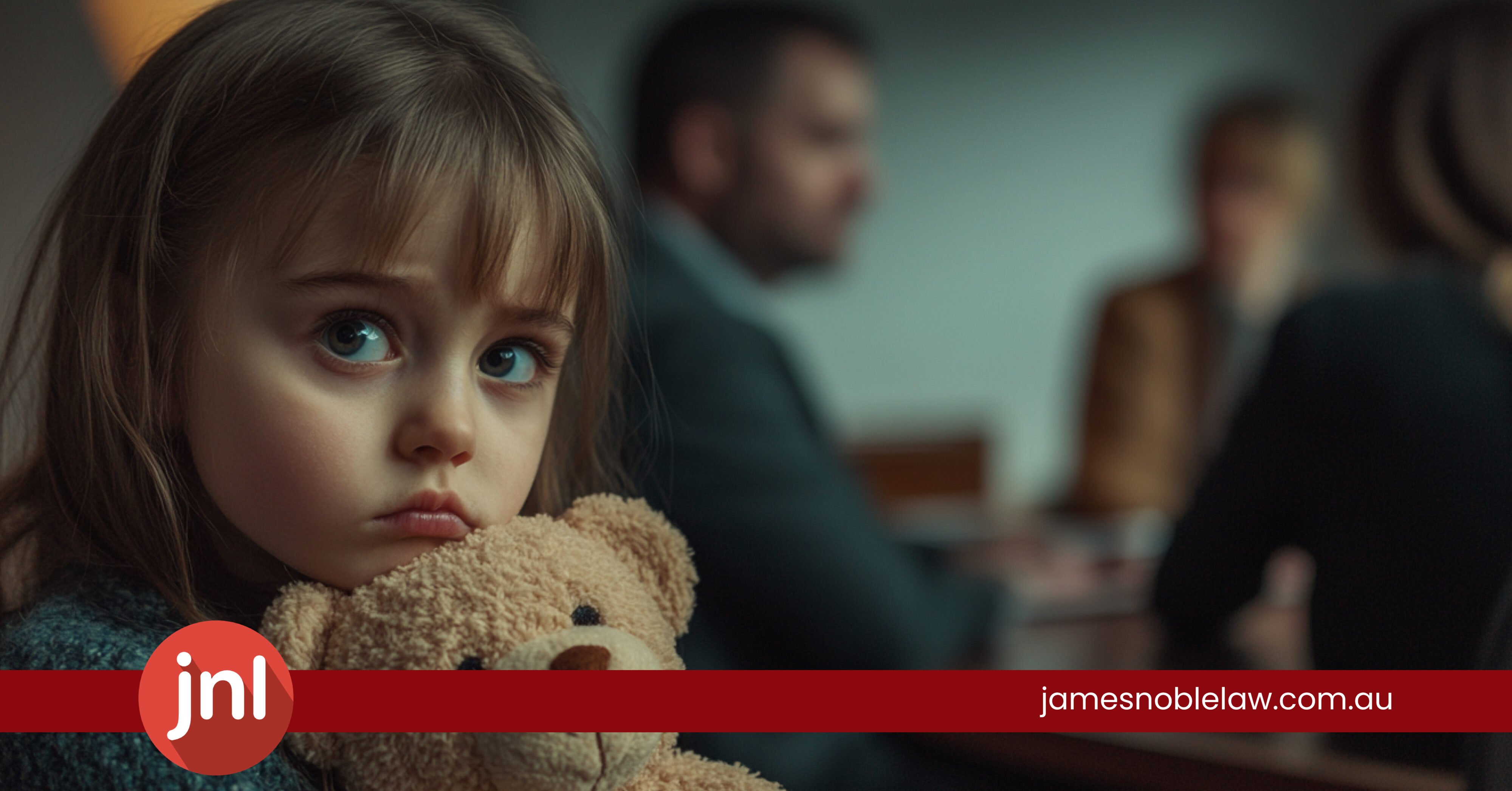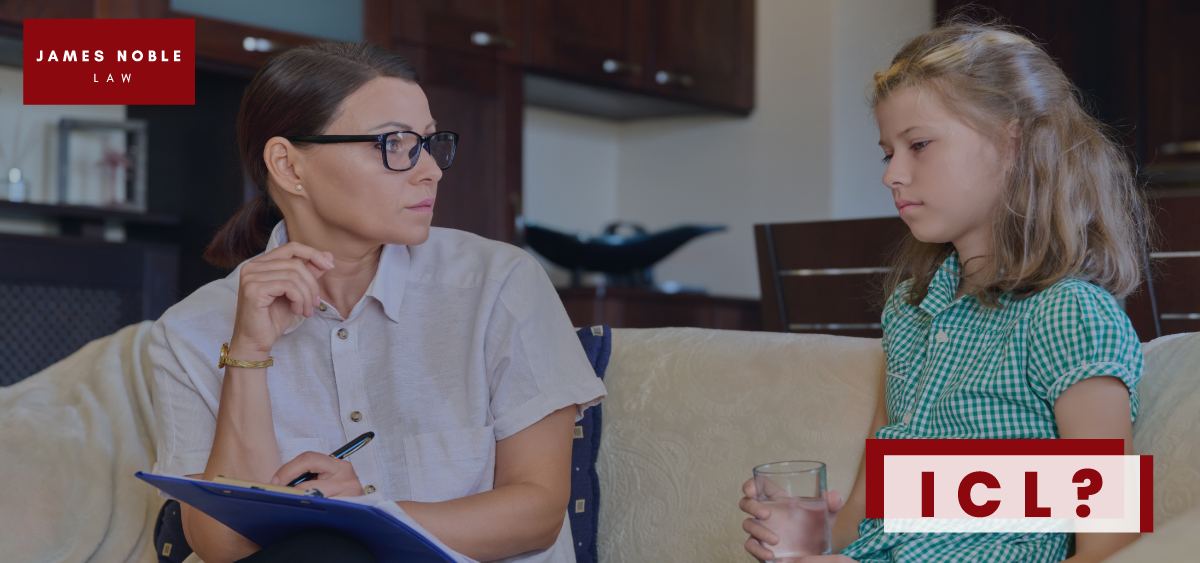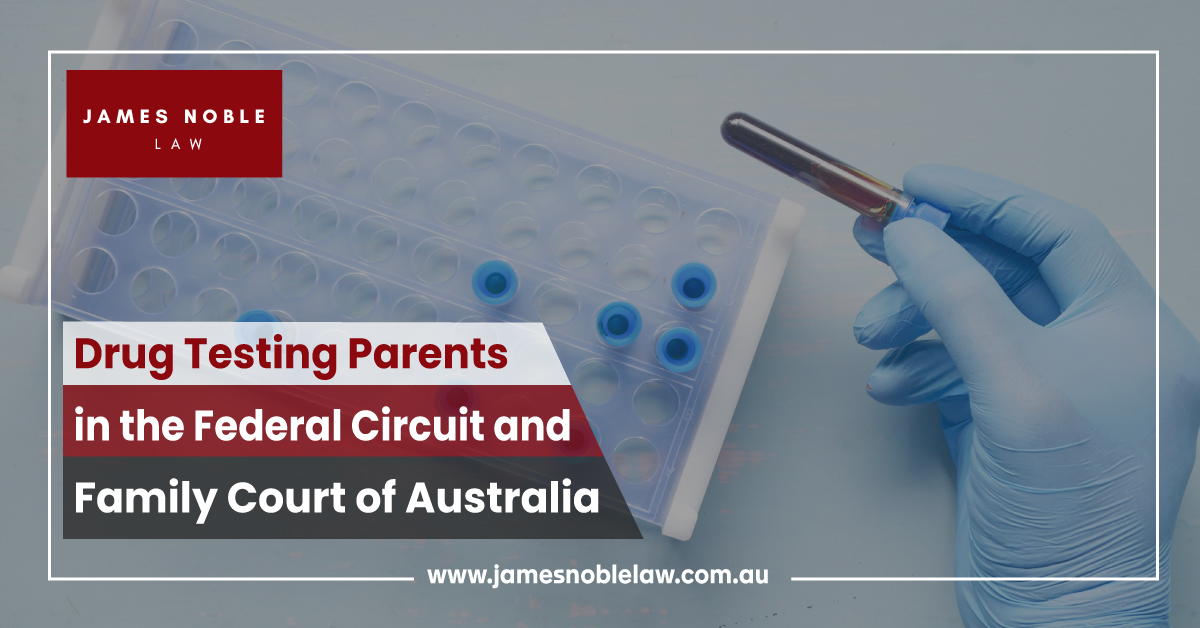Should an ICL Meet with the Child? Key Principles from a Recent Family Court Decision
Should an Independent Children’s Lawyer (ICL) meet with the child of the parties when compiling a family report. (A summary of the principles set out in a recent decision of the Family Court ). The role of an Independent Childrens Lawyer (ICL) is pivotal in family law proceedings, as they act as an independent representative of a child's best interests. This role is guided by the Family Law Act 1975 (Cth) (the Act), as well as by the National Guidelines...
Read More
Recent amendments to the Family Law Act 1975 and what they mean for us
The passing of the most recent Family Law Amendment Act on 19 October 2023 brings important changes to the current regime, which will affect your rights, the court’s approach and our legal advice. These amendments will be effective from 6 May 2024. There are four key changes which will discuss in this blog. 1. No more presumption of equal shared responsibility under section 61DA Cause [caption id="attachment_17783" align="alignright" width="350"] family law amendment act[/caption] This presumption provides that parents are presumed...
Read More
What is an Independent Children’s Lawyer (ICL)
Independent Children's Lawyer (ICL) [caption id="attachment_16543" align="alignright" width="350"] Independent Children's Lawyer[/caption] RELEVANT LAW The Family Court has inherent jurisdiction and hence power to control its own proceedings including the power to appoint and discharge an ICL. Such power is by its nature discretionary. Specifically, the power to appoint an Independent Children's Lawyer (ICL) is provided at s 68L of the Family Law Act 1975 (Cth) (“The Act”). Section 68LA sets out the role of the ICL as follows: 68LA...
Read More
What is an ICL ?
Independent Children’s Lawyer (ICL) So your parenting matter is in Court and the Judge has made an Order for an Independent Children’s Lawyer to be appointed in your matter. What is an Independent Children’s Lawyer (ICL) and why has this Order been made? Independent Children’s Lawyers, more commonly referred to as ICL’s are independent separate legal representatives who act on behalf of the child or children who are the subject of the Court proceedings and ensure the best interests of...
Read More
Drug Testing Parents in the Federal Circuit and Family Court of Australia
In parenting proceedings, parties are required to complete a Court form titled Notice of Child Abuse, Family Violence or Risk which discloses any allegations the parent may have against the other party which places children at risk. If a party alleges there is a drug or substance abuse problem on behalf of a parent, then that parent may be required, via Court Orders, to undertake some form of drug testing. The drug testing can include urine samples and hair follicle...
Read More







